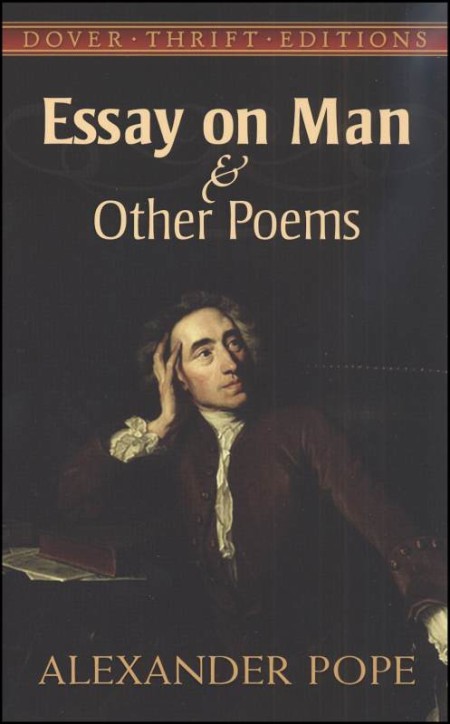I originally published the following information in March of 2007 to the “About” section of a MySpace profile I created, entitled “World Trade Center“…
These videos illustrate the various anomalies and inconsistencies
surrounding the sequence of events that took place at the World Trade
Center Complex on September 11, 2001:
| The Inexplicable Fall of World Trade Center 7: | ||
 WTC7 Drops At Near Free-Fall Speed w/Near Symmetry |
 WTC7 Drops Into Self At Near Free-Fall Speed & Symmetry |
 WTC7 Drops At Near Free-Fall Speed & Symmetry From Fire? |
| WTC7 Drops At Near Free-Fall Speed w/Near Symmetry | WTC7 Drops Into Self At Near Free-Fall Speed & Symmetry | WTC7 Drops At Near Free-Fall Speed & Symmetry From Fire? |
| Molten Metal Steel Found in Ruins of World Trade Center: | ||
 9/11 Heroes: Molten Steel Flowing Like Lava In WTC Ruins |
 Molten Metal Found in Ruins of World Trade Center |
 WTC Exposed to Temperatures as Hot as Inner-Earth |
| 9/11 Heroes: Molten Steel Flowing Like Lava In WTC Ruins | Molten Metal Found in Ruins of World Trade Center | WTC Exposed to Temperatures as Hot as Inner-Earth |
| Other Scientific Inconsistencies: | ||
 Fires Hot Enough to Melt Steel & Collapse Buildings, You Say? |
 Roaring, Red-Orange 1500°F Core In WTC Ruins 6 Weeks Later |
 WTC Towers Designed to Withstand Impact of Loaded Boeing 707 |
| Fires Hot Enough to Melt Steel & Collapse Buildings, You Say? | Roaring, Red-Orange 1500°F Core In WTC Ruins 6 Weeks Later | WTC Towers Designed to Withstand Impact of Loaded Boeing 707 |
| Eyewitness Testimony – Explosions Inside Twin Towers: | ||
 9/11 Heroes Barely Escape Controlled Demolition of WTC2 |
 Eyewitnesses & Media Report Explosions at Twin Towers on 9/11 |
 Gov’t Suppressed Tapes: FDNY Witnessed Demolitions |
| 9/11 Heroes Barely Escape Controlled Demolition of WTC2 | Eyewitnesses & Media Report Explosions at Twin Towers on 9/11 | Gov’t Suppressed Tapes: FDNY Witnessed Demolitions |
| Recorded Proof – Explosions at Ground Zero: | ||
 Explosion Heard at Ground Zero After Fall of Twin Towers |
 Another Explosion at Ground Zero After Fall of Twin Towers |
 Yet Another Explosion at Ground Zero After Fall of Twin Towers |
| Explosion Heard at Ground Zero After Fall of Twin Towers | Another Explosion at Ground Zero After Fall of Twin Towers | Yet Another Explosion at Ground Zero After Fall of Twin Towers |
 Still Another Explosion at Ground Zero After Fall of Twin Towers |
 Explosion Heard at WTC7 Shortly Before Its Near Free-Fall Drop |
| Still Another Explosion at Ground Zero After Fall of Twin Towers | Explosion Heard at WTC7 Shortly Before Its Near Free-Fall Drop |









